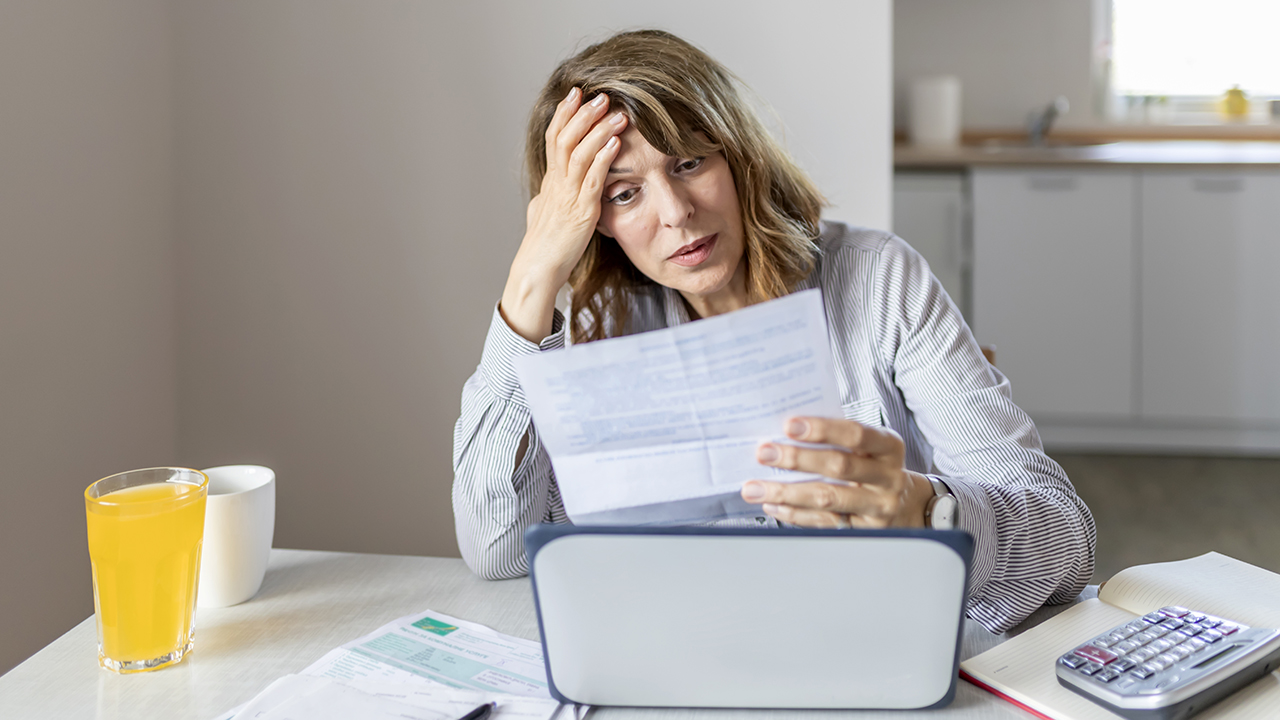Personal bankruptcies expected to rise in 2021 as stimulus ends
Bankruptcy filings have been kept in check this year by government stimulus and eviction moratoriums
As stimulus checks and other forms of temporary relief run out, experts are projecting an increase in personal bankruptcy filings, which have so far been muted during the coronavirus pandemic.
Only a new stimulus program targeting individuals or government actions forgiving or deferring student loans can keep individual filings from rising, panelists said Tuesday at an American Bankruptcy Institute conference that took place online.
GET FOX BUSINESS ON THE GO BY CLICKING HERE
The $2.2 trillion Cares Act that Congress passed in March broadened jobless benefits, extended their duration and boosted the amount by $600 a week—but those extra payments have expired.
Congressional Democrats and the White House continue to negotiate another economic-relief package, which could restore some of the jobless benefits that have lapsed, though prospects have dimmed for a deal before the election.
“It’s clear that when it comes to bankruptcy filings by individuals, it’s all about access to liquidity,” said Ed Flynn, an editor at the American Bankruptcy Institute Journal. “With the end of the Cares Act, there will be an uptick in filings. The only question is whether it will be a sharp uptick or a gradual one.”
Personal bankruptcies are projected to fall this year to 560,000, the lowest number since 1985, said Mr. Flynn, citing data collected by the Administrative Office of the U.S. Courts. But next year that total could climb to over one million, he said.
THIS IS THE QUICKEST WAY TO BUILD WEALTH: DAVE RAMSEY
The number includes all filings under chapter 7 of the bankruptcy code, the most common type used for personal bankruptcies, as well as chapter 13, which allows individuals to establish a payment plan for their debts. Some companies file for chapter 7 to sell all assets and liquidate their businesses, but the overwhelming majority of chapter 7 filings are personal bankruptcies.
Along with rising job losses, student loans are likely to be a major driver behind increasing personal bankruptcies, the panelists said.
Household debt is up by 13% since the financial crisis of 2008, and most of that increase is coming from student and auto loans, according to data from the Federal Reserve. The amount of total mortgage and credit-card debt has largely remained the same since 2008.
FINAL JOBS REPORT BEFORE ELECTION DAY SHOWS US EMPLOYERS ADDED 661,000 WORKERS IN SEPTEMBER
President Trump has extended temporary relief for federal student loan borrowers, allowing them to defer payments until the end of the year from the end of September.
“I do worry about a flood of filings by working families,” said Deirdre O’Connor, head of sales and corporate restructuring at legal-services firm Epiq Systems Inc., speaking on the conference panel.
Moratoriums on evictions have also been a factor in keeping personal bankruptcies in check, said Christopher Kruse, senior vice president at Epiq, as part of the same panel.
CLICK HERE TO READ MORE ON FOX BUSINESS
“When people are about to get thrown out of their homes is when the bankruptcies hit because by filing you can stay in your home for a few more months,” he said.
Write to Soma Biswas at soma.biswas@wsj.com




















